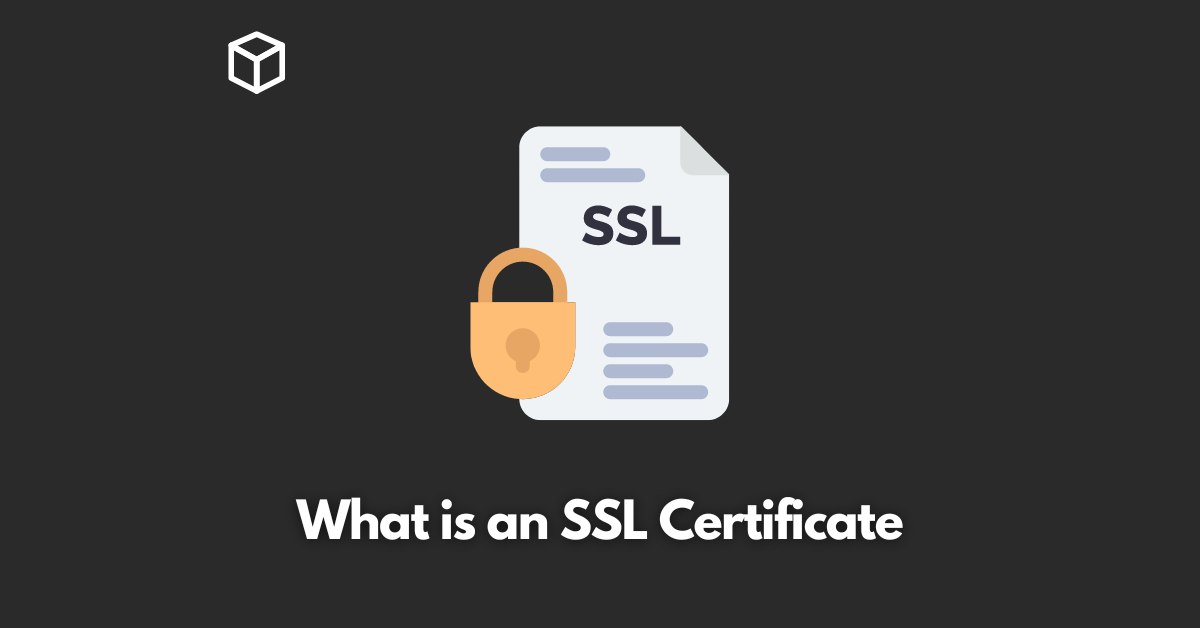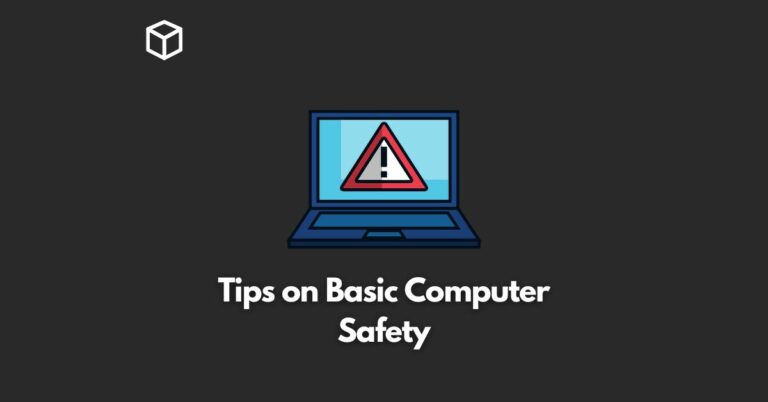When it comes to website security, SSL (Secure Socket Layer) certificates play a crucial role in protecting both the website owner and the website visitors.
In simple terms, an SSL certificate is a digital certificate that verifies the identity of a website and encrypts the data transmitted between the website and the user’s browser.
This ensures that sensitive information, such as personal data and financial transactions, remains private and secure.
How SSL Certificates Work
The SSL certificate works by establishing a secure connection between a web server and a browser through a process known as the SSL handshake.
This process begins when the browser requests a secure connection to the server.
The server then sends its SSL certificate to the browser, which verifies it with the help of a certificate authority (CA).
If the certificate is found to be valid, the browser and server establish a secure connection, allowing for encrypted data transmission.
The role of a certificate authority is to issue and verify SSL certificates.
They are responsible for ensuring that the website owner is who they say they are by conducting background checks and verifying the website’s ownership.
Once the CA is satisfied, they issue the SSL certificate, which can then be installed on the website’s server.
Types of SSL Certificates
There are three main types of SSL certificates: Domain Validated (DV), Organization Validated (OV), and Extended Validation (EV) certificates.
DV certificates are the most basic type of SSL certificate and are issued based on the domain name alone. They are the quickest to issue and are often used for small personal websites.
OV certificates, on the other hand, require additional information about the website owner and organization. They offer more trust and credibility as they are issued after proper verification of the organization.
EV certificates are the most stringent and require the most extensive verification process. They offer the highest level of trust and are often used by businesses and e-commerce websites.
When choosing an SSL certificate, it’s important to consider the level of validation and security that is required for your website.
Installing an SSL Certificate
Installing an SSL certificate on your website is relatively straightforward, but it does require some technical knowledge.
The process involves generating a certificate signing request (CSR), purchasing the SSL certificate, and then configuring it on the web server.
There are various tutorials available online that can guide you through the process.
However, it’s not uncommon to encounter issues when installing an SSL certificate, such as browser warnings or compatibility problems.
In these cases, it’s essential to troubleshoot the issue and seek assistance if necessary.
Conclusion
In conclusion, SSL certificates are an essential aspect of website security.
They not only protect the sensitive information transmitted between the website and the user’s browser but also provide trust and credibility for the website.
As a website owner, it’s crucial to consider installing an SSL certificate for your website, regardless of its size or purpose.
Additional Resources
Here are some additional resources to help you learn more about SSL certificates:
In addition to these resources, it’s always a good idea to seek the advice of a security expert.




